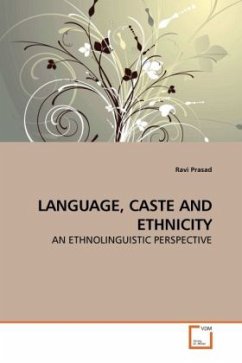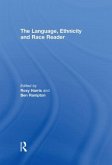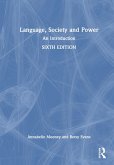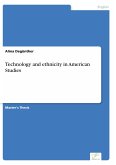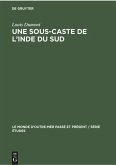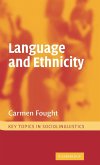Over the past decade, concerted studies of linguistics and its dependencies including culture, human behavior and psychology, politics and many other parameters have provided tremendous wisdom on the dynamics of languages and their progeny. Based on an extensive research conducted in a town in India called Hazaribag, which has a multicultural and multilingual tribal community, adept in multiple literary practices and with various religious affiliations, this book discusses the nature of variations in tribal identity and sociolinguistic parameters causing such a shift, in the context of language conflict, language choice, language usage and the impact caused by the ever-changing political scene at the regional and national level. As the first comprehensive overview against the backdrop of the complex ethnic, religious and cultural composition, coupled with immense linguistic heterogeneity and the intervening social variables of occupation, income, caste and migration, this book will be welcomed by students and researchers in sociolinguistics, as well as anybody interested in ethnic issues and the relationship between language and ethnicity.
Bitte wählen Sie Ihr Anliegen aus.
Rechnungen
Retourenschein anfordern
Bestellstatus
Storno

